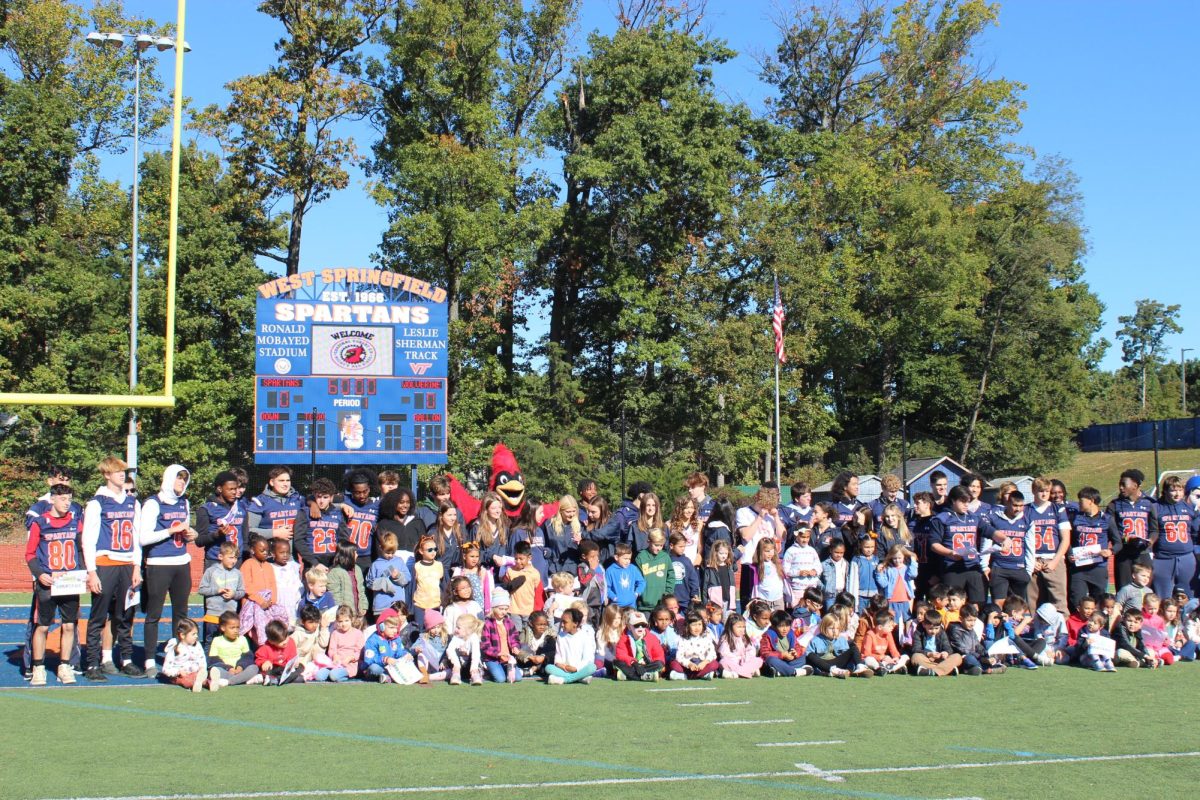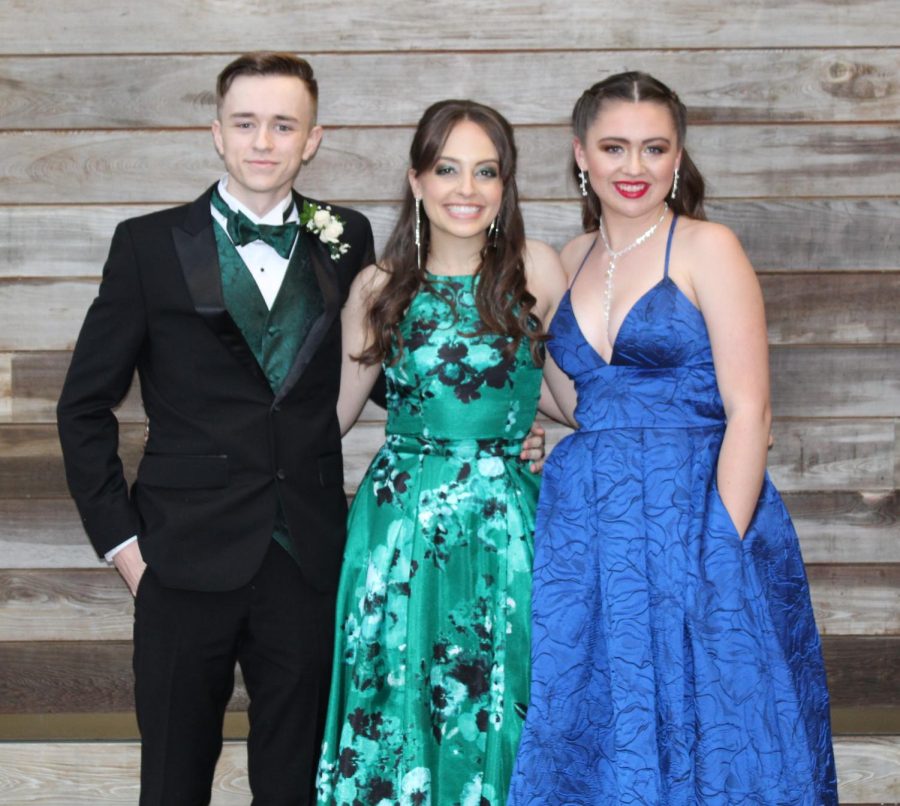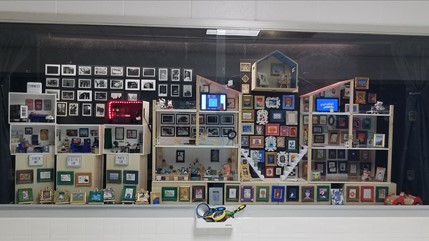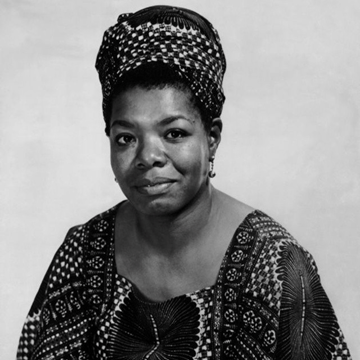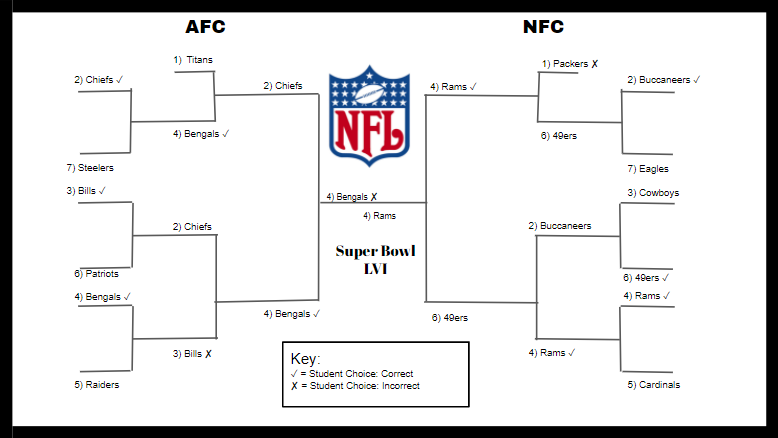Our Black History Month assembly got a new and exciting twist this year with the addition of the Lesole’s dancers.
This group was brought in as senior Briana Beale’s Capstone project to provide a new aspect for the student body and perhaps help students relate more to the idea of Black History Month.
“I decided to change it up this year and focus more on the culture,” said Beale. “I think African culture is so much a part of our culture, so it’s good to understand our culture’s roots.”
Instead of the usual skit displaying a brief summary of Black History, Lesole’s Dance Project took over the assembly. They showed dances of different cultures centering around South African dances. The reason they agreed to do the assembly was to promote education about African culture.
“I was always interested in dancing,” said Tianna Ross, one of the dancers. “[This event] was about educating everyone about the differences of Africa.”
There are four members of the group, all of whom have been dancing for a long time and truly love it.
“Lesole [Maine, for whom the group is named,] called me to get me involved, because I love to dance,” said Thaka Basadi, a dancer.
Part of what brought the group together was their individual dance experiences. They particularly cherish the South African tribal dances because they have roots that go back to South Africa.
“I’ve been dancing since I was 11. I always wanted it to be my career,” said Valerie Branch, another one of the dancers. “I was recommended to the company because of my South African culture and decided to join.”
The dancers showed the student-filled auditorium dances native to South African tribes, and led them in creating rhythms similar to those that would be the background beats to these dances. Beale thought that this group would be able to grab high schoolers’ attention more than the normal assembly.
“I thought it would be entertaining in that aspect, and it would engage [students],” said Beale.
Overall, students felt more connected with the culture than usual, and the change in the program sparked interest for many. The goal of creating a new understanding of Black History Month was accomplished for many kids.
“For me, I think it’s not only about Black History Month. It’s about the knowledge and letting people know we don’t just dance,” said Maine. “It also goes back to the history of our culture. This is about bringing different cultures into the country and identifying with countries and tribes and their dances.”





